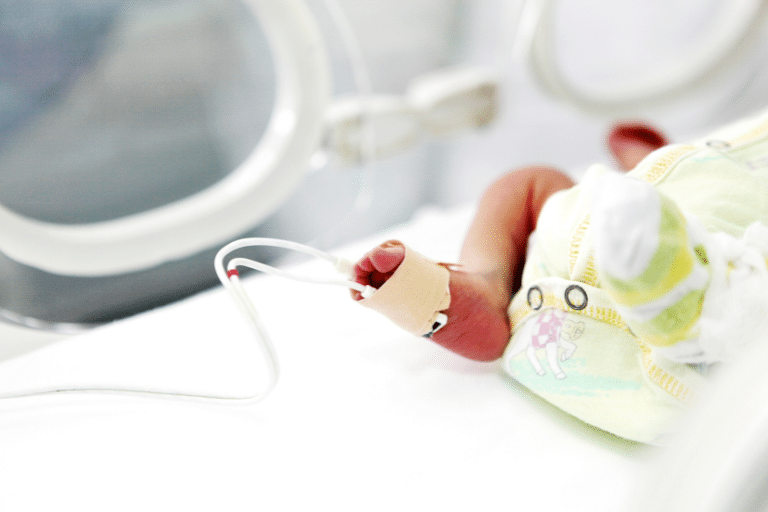On New Year’s Day, Stephanie, Max, and I went to a family gathering. Before I could take my coat off, my nephew came up to me and said, “Uncle Tim, you gotta see this hit, you’re not going to be believe it!”
He pulled me into the great room to watch the continuous replay of Jadeveon Clowney, defensive end for South Carolina, smashing into Michigan running back, Vincent Smith, on the big screen.
The riveting hit was shown over and over again and announcers sensationalized the fact that the vicious impact actually separated Smith from the football and his helmet.
The Twitter action was fast and furious. Virtually every comment glorified the play. One tweet even called it “the greatest play ever.”
ESPN had a website poll that queried, “Was Jadeveon Clowney’s hit the best ever?”
The response from across the country was overwhelming.
As I sat on the sofa in a room filled with relatives and watched the endless replays, I could only feel one thing: overwhelming sadness for the two players involved.
Head Injuries are No Joke
As a personal injury lawyer representing the injured victim throughout the United States for 32 years, I know all too well the devastating effects of head injuries.
Undeniable scientific evidence shows that head injuries are permanent and progressive in nature. Violent blows to the head cause small abnormal tangles of protein in the brain, extensive cell death, and may cause the the brain to actually shrink.
This was first discovered in studies of boxers who developed dementia and symptoms resembling Parkinson’s. Athletes who are affected with the disease are often described by neuropathologists as having violent personality swings, depression, increased irritability, short term memory loss, and trouble with attention.
You may remember this scene from one of the Rocky movies: a reporter asked Rocky if he thought he sustained any brain damage through his boxing career. Rocky responded, “I don’t see any.”
Well, guess what, sports fans? We are beginning to see damage being done, and it is an ugly picture.
The sports world was abuzz when Junior Seau, the former All-Pro NFL linebacker committed suicide in May of last year. Searching for answers, Seau’s family sent his brain to researchers and the answer was simple: 20 NFL seasons had taken a
devastating toll.
Personality Changes, Memory Loss, Suicide?
Now, according to the New York Times, Seau’s family is in the middle of suing the NFL, helmet-maker Riddell and various other organizations. Seau’s family is seeking restitution for failure to warn football players of the lurking danger of devastating head injuries and possible long-term effects, such as those that caused Seau to lose cognitive ability and take his own life.
Brain damage identical to Junior’s has been found in the autopsies of two other ex-NFL players who committed suicide: Andre Waters of the Philadelphia Eagles and Dave Duerson of the Chicago Bears.
Around the time of Seau’s suicide last year, approximately 2,000 former NFL football players brought a class action lawsuit against the NFL. The claim, like that brought by Seau’s family, was based upon the allegation that the NFL had purposefully concealed the risk of brain injury from players.
This is just the tip of the iceberg.
Hidden Consequences of Helmet Hits
Although there are several lawsuits and news stories exposing the horrific consequences of sports-related head trauma, no one is carrying the torch higher in the air than Jean Rickerson of Sequim, Washington.
Jean’s 16-year-old son was a star varsity football quarterback in 2008. In November of that year, Drew was the victim of a helmet-to-helmet collision. Within minutes, he began to stumble, lost his eyesight and hearing, and was unable to talk.
As Jean began to educate herself, she quickly realized she was in the deep end of the pool. It wasn’t until she sought help from Dr. Stan Herring, the Medical Director of the Seattle Seahawks and Mariners and now co-chairman of an NFL concussion sub-committee, that she begin to realize the enormity of the problem.
In an effort to educate and promote change, she launched sportsconcussions.org – a highly informative website made to spread awareness about the serious consequences of sports-related head injuries.
While Jean’s tireless efforts and her revolutionary website are a living testimony of a mother’s love for her son, the website fails to address any real solution to the problem.
Head injuries in football are inevitable and permanent. There is no helmet, no matter how well fitted, that will protect players.
We, as a society, cannot rely on high school, college, and NFL organizations to rock the boat on the multi-billion dollar business of football.
We must educate parents and coaches on how to number one, detect head injuries and secondly, how to treat them.







